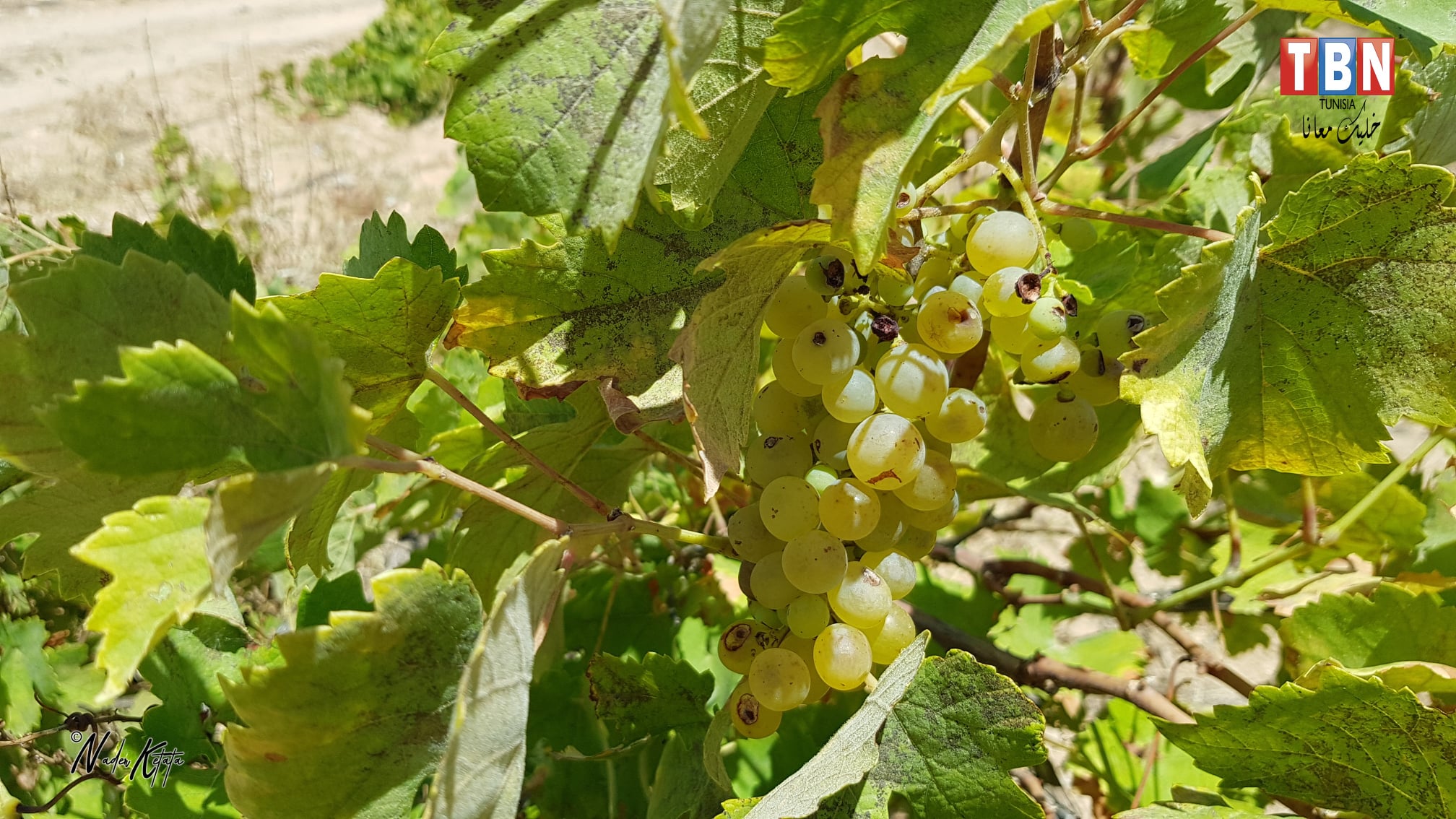ENTER A PRODUCT: Submission #35
Secondary tabs
Submission information
Submission Number: 35
Submission ID: 41
Submission UUID: 8dff12bd-827f-4b32-9268-9c49837e8140
Submission URI: /slowfood/form/segnala-un-prodotto-bk1
Created: Wed, 12/07/2022 - 08:55
Completed: Wed, 12/07/2022 - 09:30
Changed: Fri, 09/29/2023 - 10:35
Remote IP address: (unknown)
Submitted by: admin-form
Language: English
Is draft: No
Current page: Complete
Webform: ENTER A PRODUCT
General Info
Kerkennah Asli Grape
| Category |
|---|
| Vino e vitigni |
Geographic area: Sfax, Tunisia
Latitude: 34.739822
Longitude: 10.7600196
Location: 34.739822,10.76002
Formatted Address: Sfax, Tunisia
Locality: Sfax
State/Province: Governatorato di Sfax
Country: Tunisia
Country Code: TN
Latitude: 34.739822
Longitude: 10.7600196
Location: 34.739822,10.76002
Formatted Address: Sfax, Tunisia
Locality: Sfax
State/Province: Governatorato di Sfax
Country: Tunisia
Country Code: TN
Product description
The asli grapevine is a native variety described by Pliny the Elder as a wild grape of the Kerkennah area. More recently, the asli grape was mentioned in the report of a French public official as long present among the grapes of the Kerkennah islands, on the Tunisian coast off Sfax, with the following words: “Asli is a grapevine that is popular for the fineness of its fruit, its very sweet taste and early harvest, even if its grapes are very small and its skin not very resistant”. He concluded saying it was excellent for making raisins and estimated that 60 kg of raisins could be obtained from 100 kg of grapes.
Kerkennah Asli grapes have a completely special taste. They are with a special perfume and is very sweet. The wine made from them is a yellow-pink color, but has more of the strength and of a sweet port.
All grapes types are healthy and are rich in antioxidants such us flavonoids and phytonutrients. Asli grapes is distinguished by its aromatic characteristics. Thus, Asli grape wine contains many of the same nutrients as grapes.
Kerkennah Asli grapes have a completely special taste. They are with a special perfume and is very sweet. The wine made from them is a yellow-pink color, but has more of the strength and of a sweet port.
All grapes types are healthy and are rich in antioxidants such us flavonoids and phytonutrients. Asli grapes is distinguished by its aromatic characteristics. Thus, Asli grape wine contains many of the same nutrients as grapes.
This grape, once dried, is used to make laklouka (a traditional Tunisian dish made with raisins, sorghum and chickpea flour) and charmoula with onions cooked in olive oil and ground raisins, all diluted in water and filtered. This mixture is then cooked until obtaining a think, spicy sauce, traditionally eaten with salted fish in the Sfax area for the feast of Aid and Fitr, a very important religious holiday in the Muslim world, that ends the month of Ramadan.
Due to the geographical location and growing conditions, the native varieties posses a better adaptation and acclimatization capacity, and are known for their resistance to harsh soil and climate conditions (drought, calcareous soil, extreme temperatures and salt water spray).
Tunisia has a wine growing heritage that counts no less than sixty endemic varieties. However, despite this vast variety, winemakers, driven by the preferences of consumers, are increasingly oriented towards non-native varieties considered more interesting from a commercial viewpoint. This situation has greatly contributed to the abandonment of local cultivars, some of which have become rare.
NO
Upload space
- Image:
